- Shop
New to UCAN?
- About
- How to use ?
- Learn
- Contact us
The Ultimate Guide to Performance Nutrition
Contents
- 1 The Ultimate Guide to Performance Nutrition
- 1.1 THE BASICS OF PERFORMANCE NUTRITION
- 1.2 HOW NUTRITION PROVIDE STEADY ENERGY FOR EXERCISE
- 1.3 HOW FOOD SUPPORTS MENTAL FOCUS
- 1.4 HOW HYDRATION IMPACTS ENERGY LEVELS
- 1.5 HOW TO STRATEGIZE THE RIGHT FAT LOSS FORMULA
- 1.6 WHAT MAKES LIVSTEADY A UNIQUE CARBOHYDRATE TO OPTIMIZE EXERCISE PERFORMANCE
- 1.7 HOW TO START A PERFORMANCE NUTRITION PLAN
- 1.8 Plain Energy Powder Unflavoured (28 Servings)
The Ultimate Guide to Performance Nutrition
You don’t have to be a professional athlete to gain from performance nutrition’s fundamental ideas. The balance of macronutrients in your diet, as well as vitamins, minerals, and fluids, can enhance your physical gains and mental focus, even if you’re just a recreational athlete or workout enthusiast looking to improve exercise and sports performance. You may accomplish a variety of goals by knowing the correct foods to consume, as well as the best timing and portions—like having more energy for your afternoon run, lifting more weight in the gym, or outwitting your opponent on the tennis court.
Bob Seebohar, a board-certified specialist in sports dietetics, creates the best food combinations for his work with elite and regular athletes to guarantee that his clients are properly fed for training and competition. According to Seebohar, establishing a daily nutrition and nutrient-timing strategy that meets the higher energy demands of exercise training is known as “performance nutrition.” A well-rounded nutritional strategy can have a good effect on body composition, athletic performance, and encourages a healthy lifestyle, according to a growing body of scientific evidence.
THE BASICS OF PERFORMANCE NUTRITION
It’s not only about what you eat before, during, and after a workout when it comes to performance nutrition. The cornerstone of any performance nutrition strategy, according to Seebohar, is eating for health.
He recommends that most people ingest a 1:1 or 2:1 ratio of carbohydrates to protein for optimal blood sugar regulation, the cornerstone of a successful performance nutrition plan, when it comes to everyday diet that promotes long-term metabolic health. “I’m not picky about the tiniest details of what an athlete should eat. We just need to combine carbs, protein, and fat 90 percent of the time throughout the day to maintain blood sugar at an ideal level, which is known to have the best impact on energy levels, body weight, body composition, cognitive health, and optimum growth for young athletes.
“Protein is, hands down, the best blood sugar balancing and satiating nutrient one can eat,” says Julie Burns, a SportFuel® integrative sports dietitian and the Chicago Blackhawks team nutritionist. She suggests nutrient-dense protein options like grass-fed beef, wild-caught cold-water fish, hard-boiled eggs, and turkey.
Meanwhile, processed carbs, especially sugar, have the most effects on blood sugar. Choose complete, unprocessed complex carb sources including vegetables, nuts, whole grains, lentils, and beans to help regulate blood sugar as much as possible. According to Burns, eating a variety of vibrant plant foods will also help you obtain the micronutrients—vitamins and minerals—that you require. To have the optimal blood sugar response, Burns advises combining your carbs with protein and fat.
HOW NUTRITION PROVIDE STEADY ENERGY FOR EXERCISE
Consuming carbohydrates causes them to be transformed into glucose, the main fuel for exercise. Not immediately needed glucose is stored as glycogen in the muscles and liver. The body uses stored glycogen after drawing glucose from your bloodstream to power an exercise session. But not all carbohydrates are made equal. Simple (rapid) carbs, such as a sugary sports drink or snack, are a typical choice before exercise, but they are not the best choice for achieving optimal exercise performance.
“Eating or drinking something containing quick carbs before exercise might produce rapid hypoglycemia (low blood sugar) during exercise, resulting in weariness,” explains Catherine Yeckel, Ph.D., an assistant clinical professor at Yale School of Public Health who studies human metabolism and nutrition. A vicious loop arises when a person in this condition stops exercising and consumes more quick carbs to make up for the drop.
Eat a meal two to three hours prior to your workout for optimum performance and energy, and select slow-digesting complex carbs, protein, and healthy fats to help prevent blood glucose spikes and maintain consistent energy levels. Dietician Ellen Landes of Chicago advises clients to try whole-wheat toast and eggs with vegetables for breakfast. If you engage in relatively light exercise, prioritize a healthy diet every day.
“Everyday activities and workouts under 90 minutes can usually be fueled by good daily nutrition eaten at breakfast, lunch, dinner, and snacks alone,” notes Seebohar. If you can’t time a meal around your workout, or you’re doing endurance training or high-intensity training, you may benefit from pre-workout fuel.
Before working out, try including a carb-based snack. Experiment with foods that balance blood sugar and are easy on the stomach, such as a banana with almond butter or an Edge energy gel with LIVSTEADYTM, a low-glycemic, steady-release carbohydrate that prevents the spike and crash associated with sports nutrition based on sugar. According to Burns, UCAN is great for keeping people going during activity without experiencing highs or lows.
HOW FOOD SUPPORTS MENTAL FOCUS
A stimulant or sugar-based pre-workout drink may not be as beneficial as you believe if you’re thinking about maintaining your sharpest mental focus during your workout. According to Burns, “when we talk about a “pre-workout” drink with athletes, they think about hyper-stimulating beverages that might jazz them up or make them jittery and often that’s not what they are looking for, especially in very skill-focused sports where they need that calm focus of being in the zone to perform well.
You can maintain mental attention by consuming high-quality complex carbs at meals and snacks. According to Seebohar, the brain typically uses carbs as fuel. Focus is improved if blood sugar levels are stable because stable brain delivery results in stable blood sugar levels. According to Seebohar, the ideal carbs are whole foods with a higher fibre content, like fruits, vegetables, whole grains, beans, and nuts. Another simple solution is to add UCAN Energy powder with LIVSTEADY to smoothies or slow-cooked oatmeal for a long-lasting energy boost.
“Ensuring that blood sugar control is the main focus will always ensure the brain and the body are ready for physical activity,” says Seebohar.
HOW HYDRATION IMPACTS ENERGY LEVELS
Additionally, it is crucial for your energy to stay hydrated. The creator of the coaching company High Performing Human Nutrition, registered dietitian Hannah Boyl, claims that “the majority of individuals are not receiving enough water.” Lack of hydration, especially in athletes who train frequently, can cause weariness, irritation, and a higher risk of injury. As important for energy as balancing your nutrients is maintaining proper hydration before, during, and after your activity.
According to the Academy of Nutrition and Dietetics, dehydration is the major cause of weariness during training or competition. Boyl advises drinking enough to give your urine a faintly golden hue. In general, women require approximately 2.7 litres of fluids per day, whereas men require approximately 3.7 litres per day. You might need to drink something to restore electrolytes if you exercise for an hour or more, you tend to sweat heavily, or you tend to sweat a lot when you exercise. The best approach to replenish electrolytes without adding more calories is with an electrolyte replacement that doesn’t contain sugar, like Hydrate.
HOW TO STRATEGIZE THE RIGHT FAT LOSS FORMULA
The most effective weight loss strategy is dependent on the individual, but, according to Chicago-based registered dietitian Ellen Landes, it all comes down to basic math. You must consume fewer calories than you burn in order to lose weight. However, you also need to have adequate stamina to exercise. Although simple carbs like bread, spaghetti, and sugary sports drinks are our major source of energy, taking too many of them can result in blood sugar spikes that leave you exhausted and may stimulate overeating as well as insulin spikes that send your body into fat storage mode. Concentrate on the meals and snacks recommended in this article that offer consistent energy for exercise without raising blood sugar levels, which is essential for keeping the body in a fat-burning state.
It’s also critical to keep in mind that increasing activity doesn’t give you permission to overindulge. Even with increased exercise, weight gain is possible. Many people exaggerate how many calories we burn during exercise, and fitness trackers are not always reliable, according to Landes. Another side effect of exercise is hunger. To keep satisfied, give high-fiber foods, protein, and healthy fats top priority.
WHAT MAKES LIVSTEADY A UNIQUE CARBOHYDRATE TO OPTIMIZE EXERCISE PERFORMANCE
LIVSTEADY, which can only be found in UCAN energy drinks, is revolutionising how professional and amateur athletes fuel for optimal performance. It is a complex carbohydrate with a low glycemic index that is produced using an unique cooking method and non-GMO cornflour. According to Seebohar, the technology used to boil the cornflour lengthens the molecule, preventing a blood sugar increase. As a result, the carbohydrate stabilises blood sugar on its own without the help of a protein or a fat.
If you’re an athlete, what you eat in the weeks before a competition and while training is crucial. The best strategy to ensure a steady supply of energy is to choose carbohydrates with a predictable supply. According to Burns, LIVSTEADY has the special capacity to provide the brain and body with vital glucose fuel while preventing an insulin spike and crash. In contrast to other quick-carb products that spike insulin and eventually result in poor metabolic health, it provides a steady-state source of energy.
Traditional sugar-based sports nutrition and energy drinks are designed to provide you quick energy, but they need to be re-dosed often as you exercise to keep your blood sugar stable and prevent a crash (what endurance athletes refer to as “bonking”). Additionally, they may result in GI distress, erratic energy, and poor focus.
Alex Smith, a former NFL great quarterback, observed a significant improvement in his performance after switching to UCAN energy products with LIVSTEADY. There was truly nothing that helped me maintain a physical and mental high, especially on game days, before I learnt about UCAN. Sugar was the only thing accessible in an NFL locker room. The sustained energy and how wonderful I felt once I started using UCAN were huge, but for me, what really made a difference was how much focus I was able to maintain until the very end of the game. I haven’t tried anything that can even come close to competing with it, and I still use it whenever I work out or engage in any kind of physical exercise.
HOW TO START A PERFORMANCE NUTRITION PLAN
Recognize first of all that every person’s diet needs to be carefully tailored. A different healthy lifestyle strategy will be required for a marathoner than for a weightlifter or someone preparing for their first 5K. (for example, protein needs will vary depending on age, gender, and activity). Consult a qualified dietician who specialises in sports nutrition or a sports medicine specialist if you’re interested in creating a personalised strategy to maximise your energy level or an athletic goal.

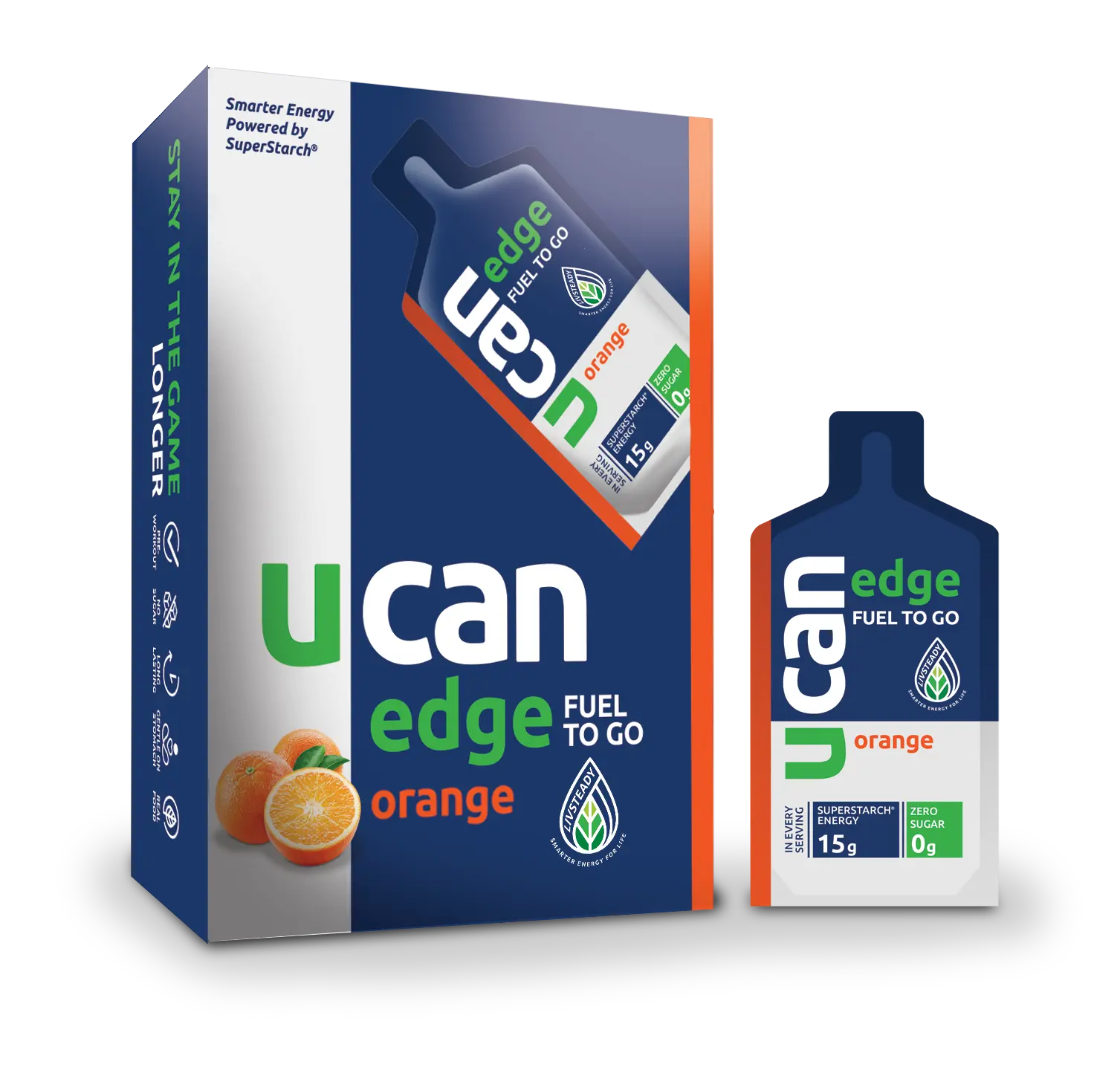
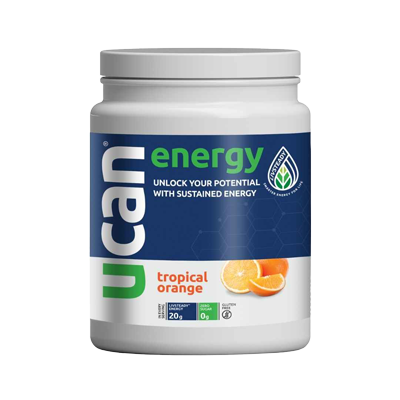
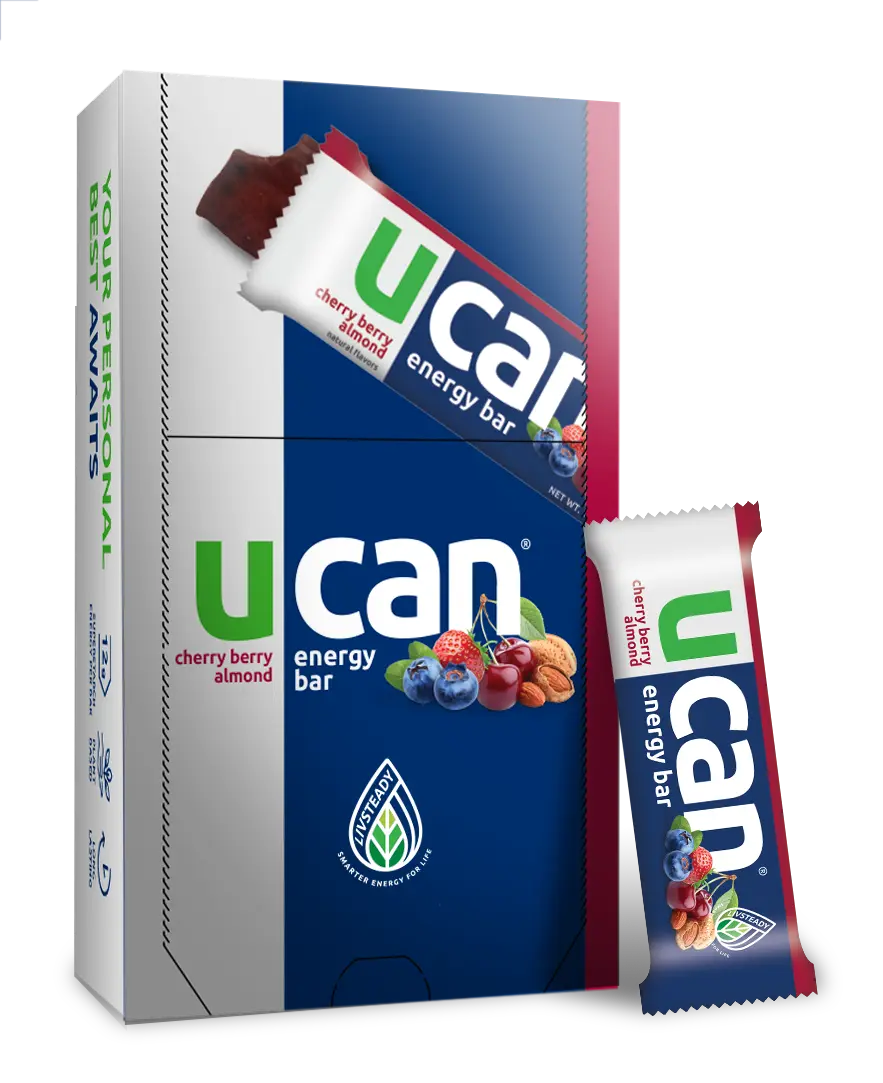
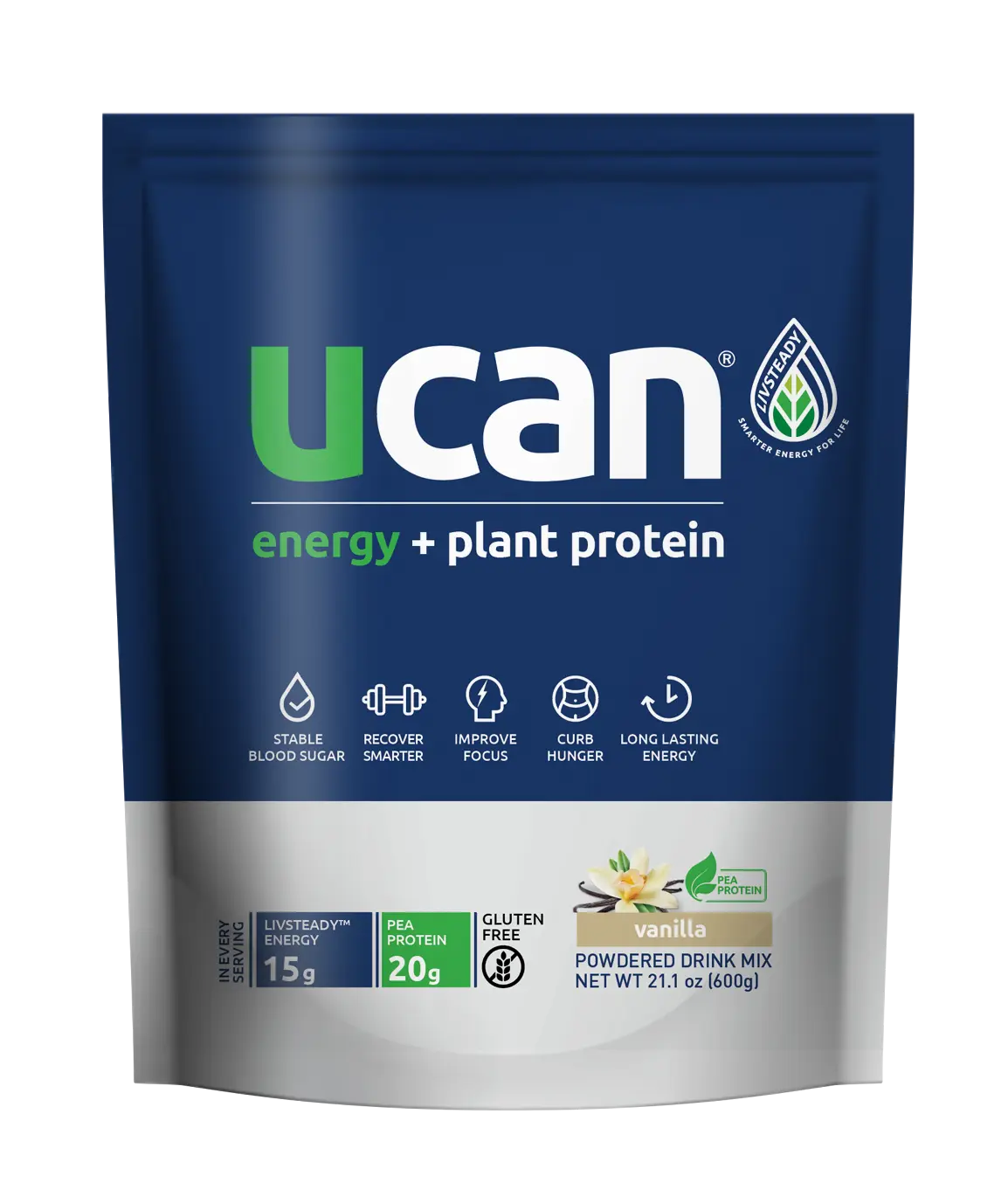
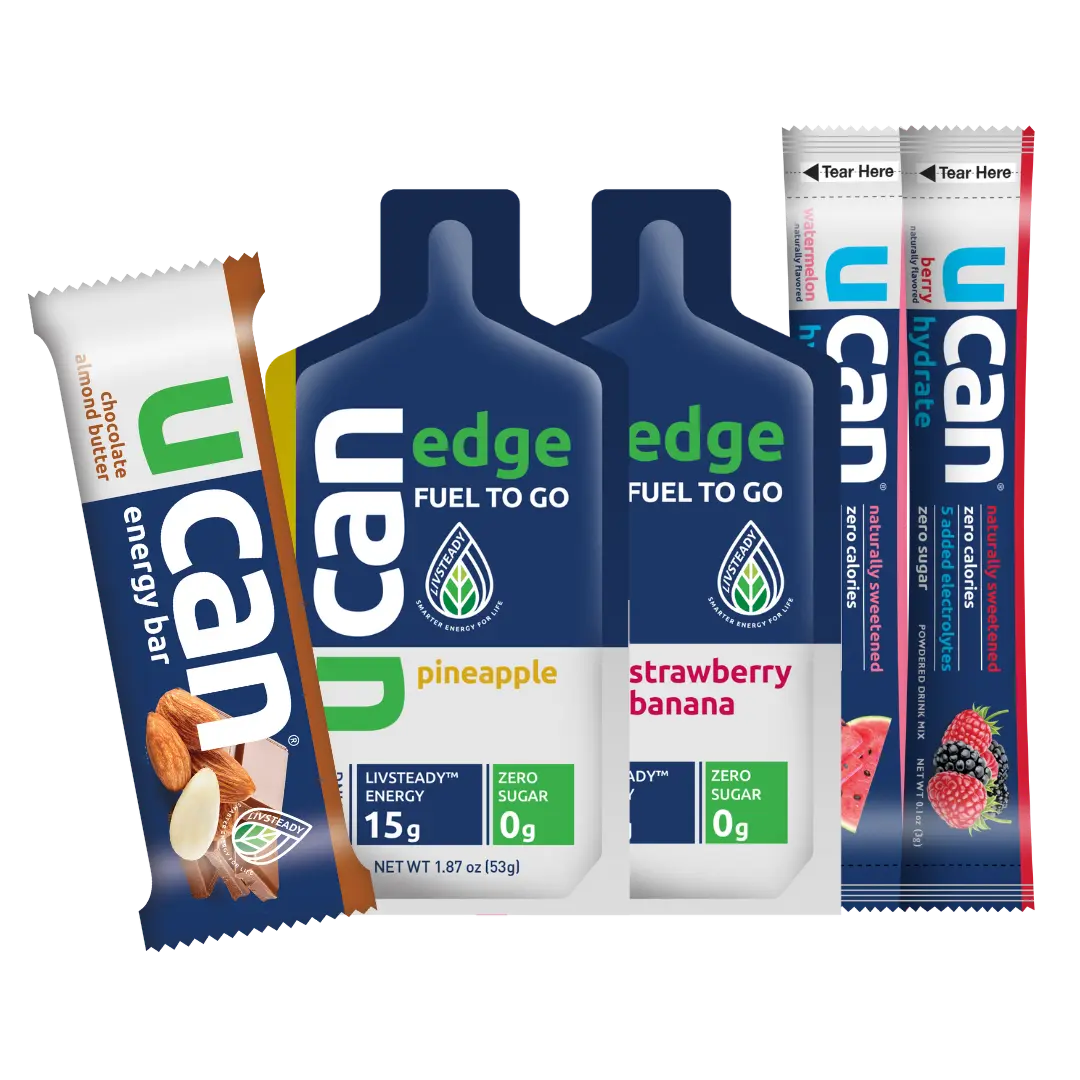
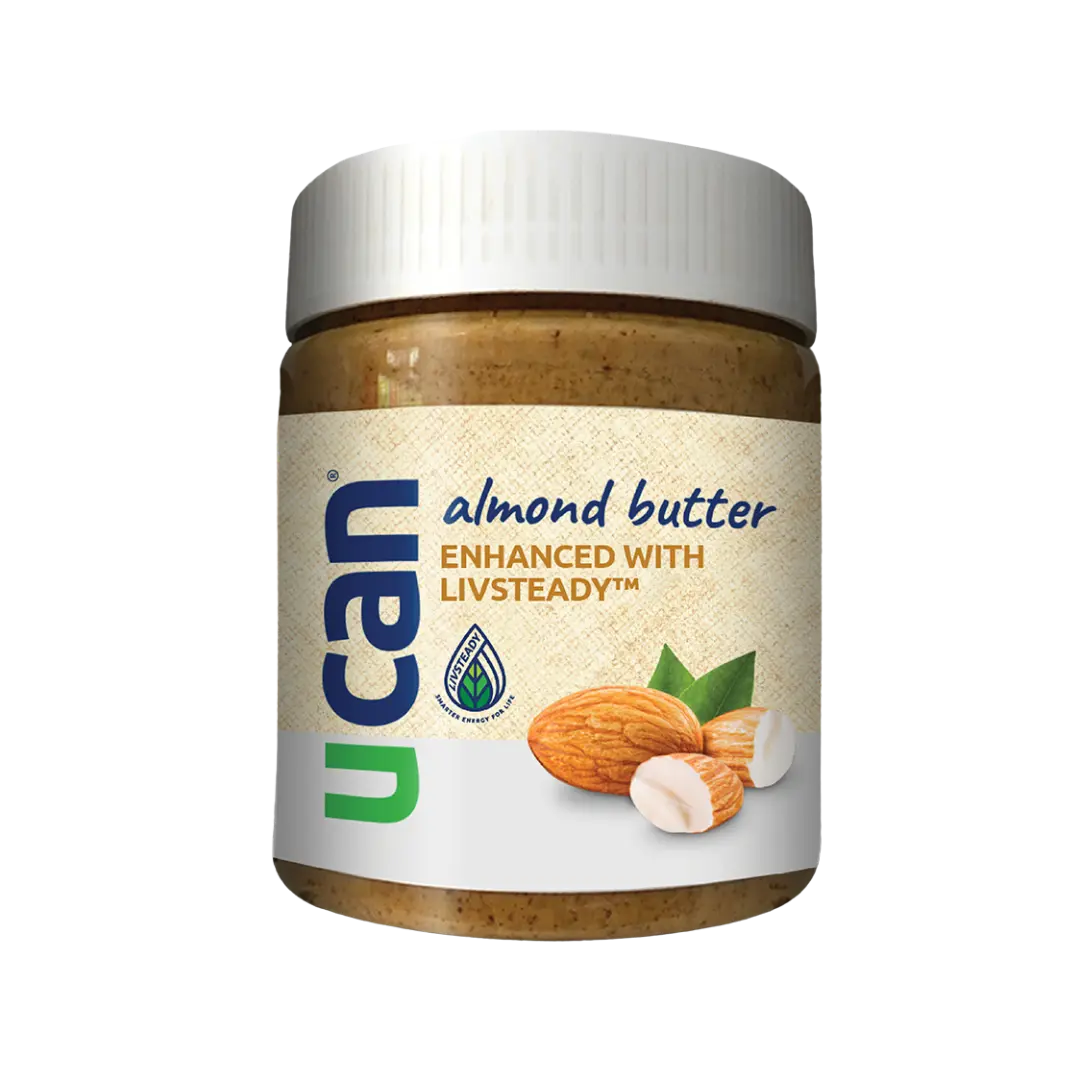
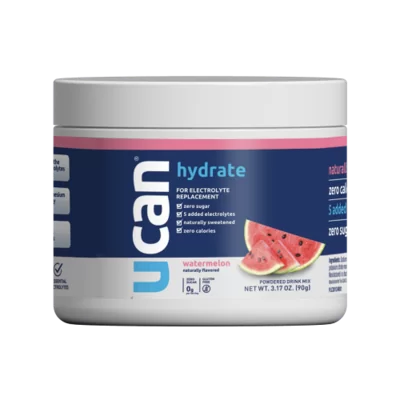
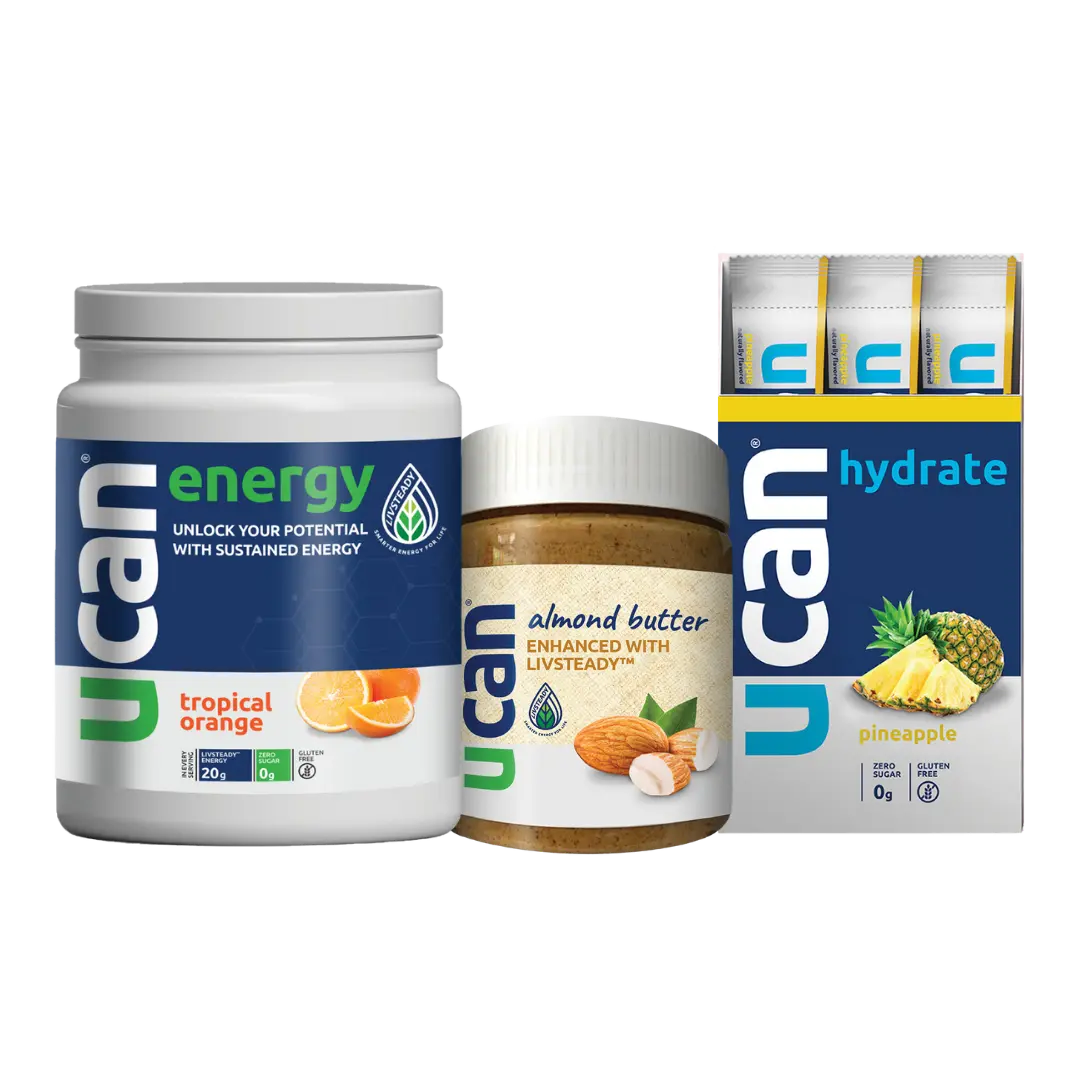
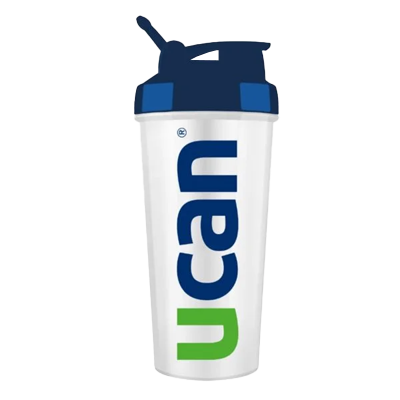
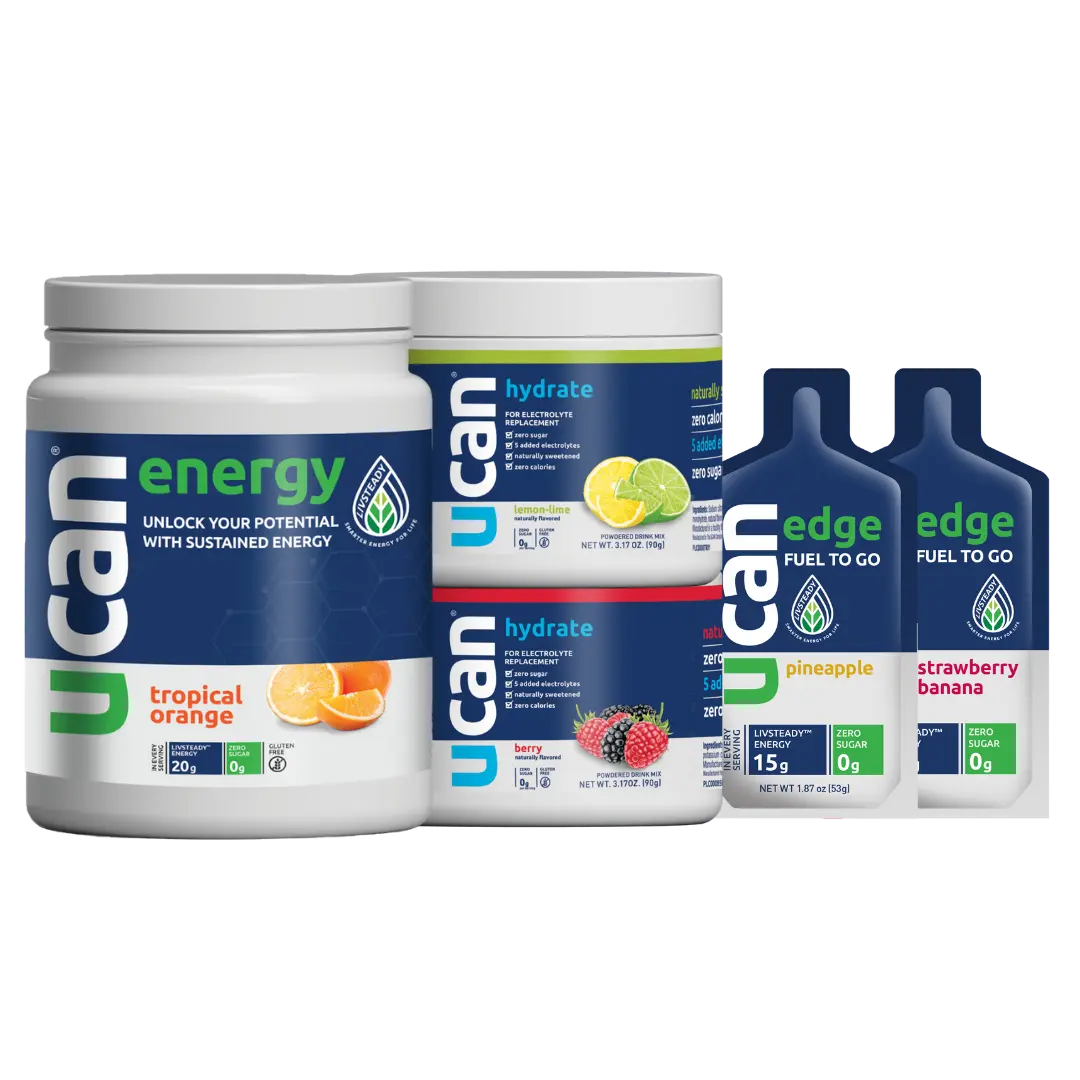
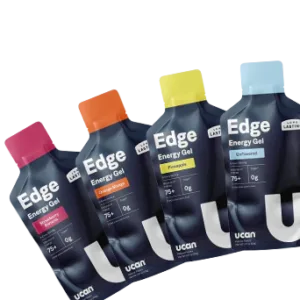
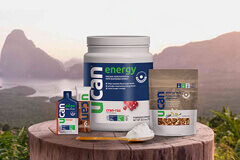


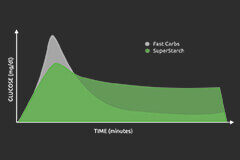

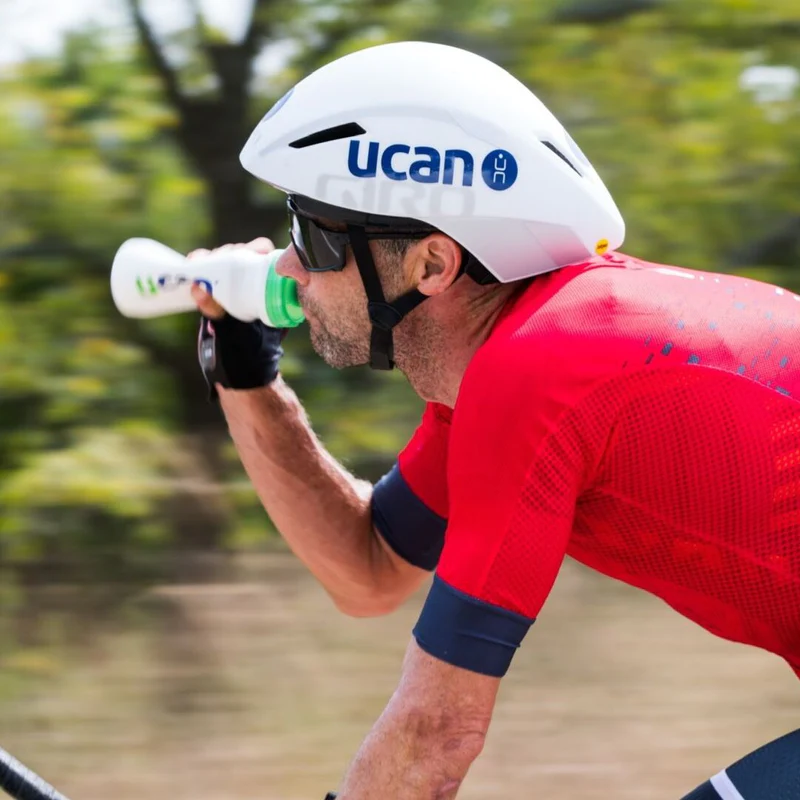
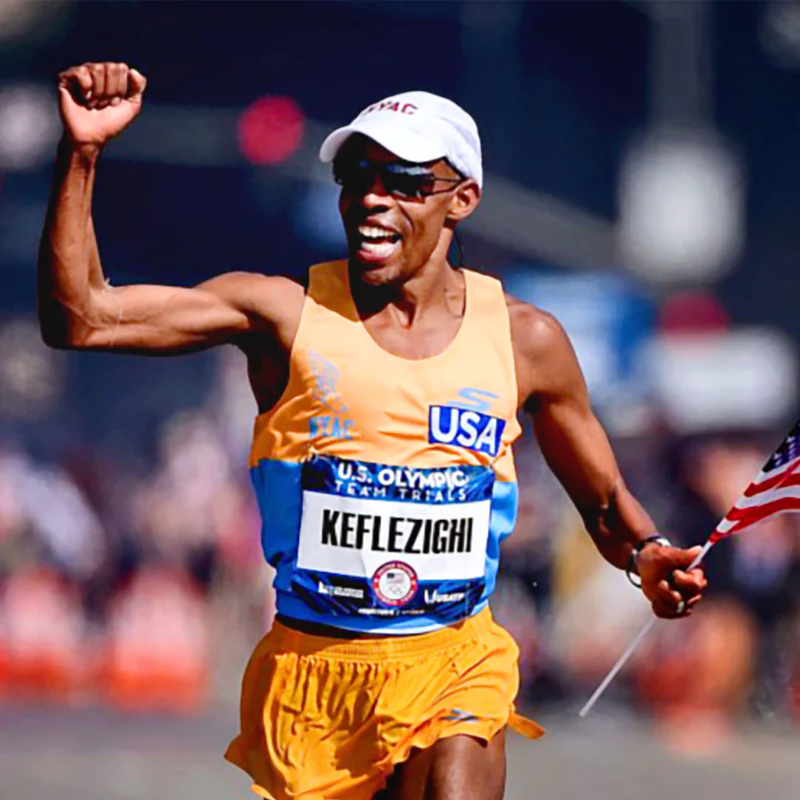
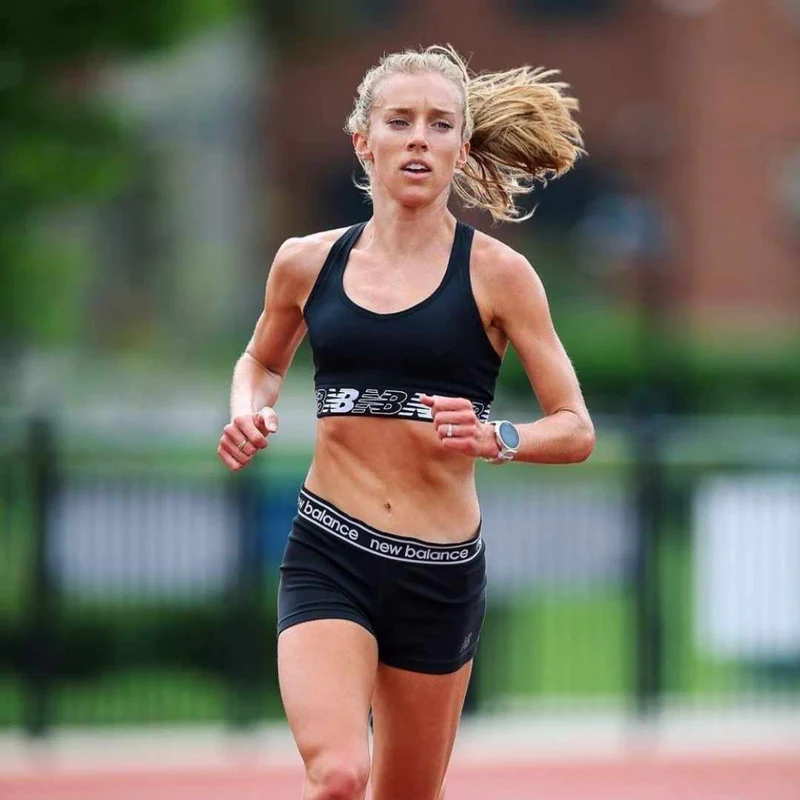


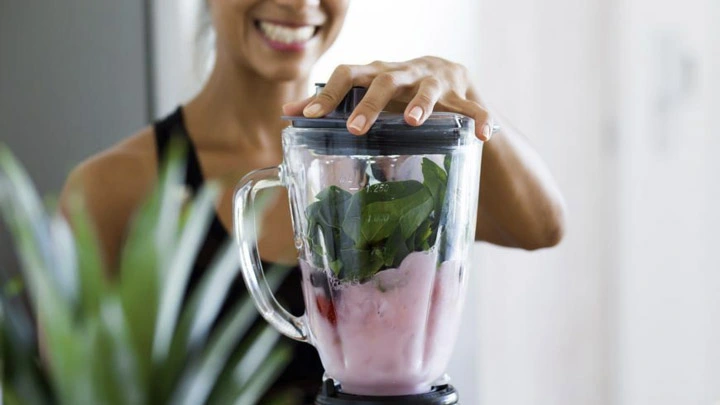
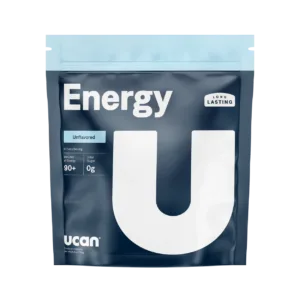
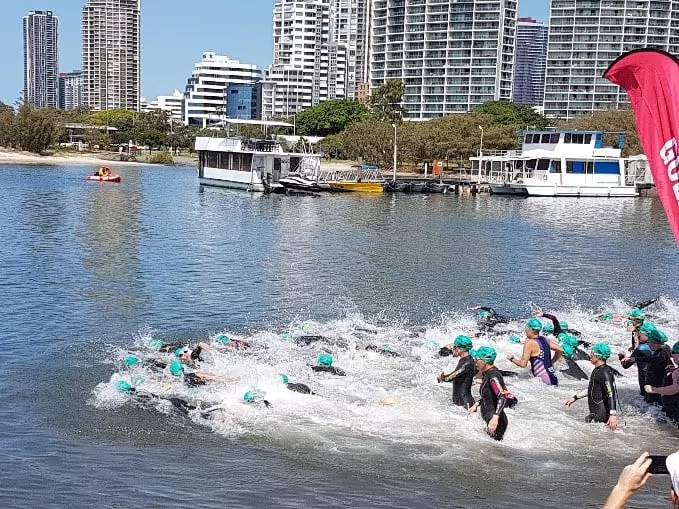


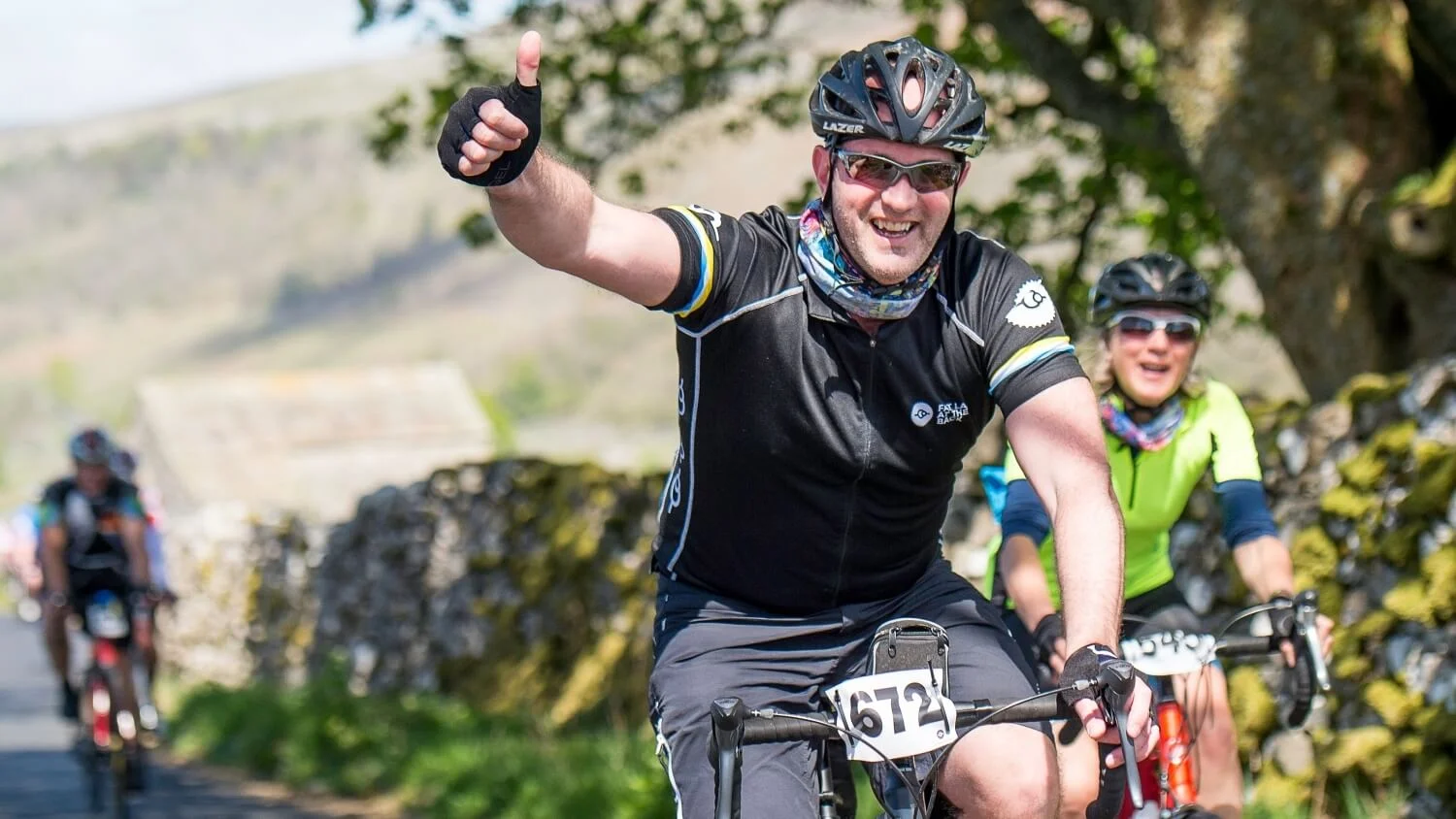
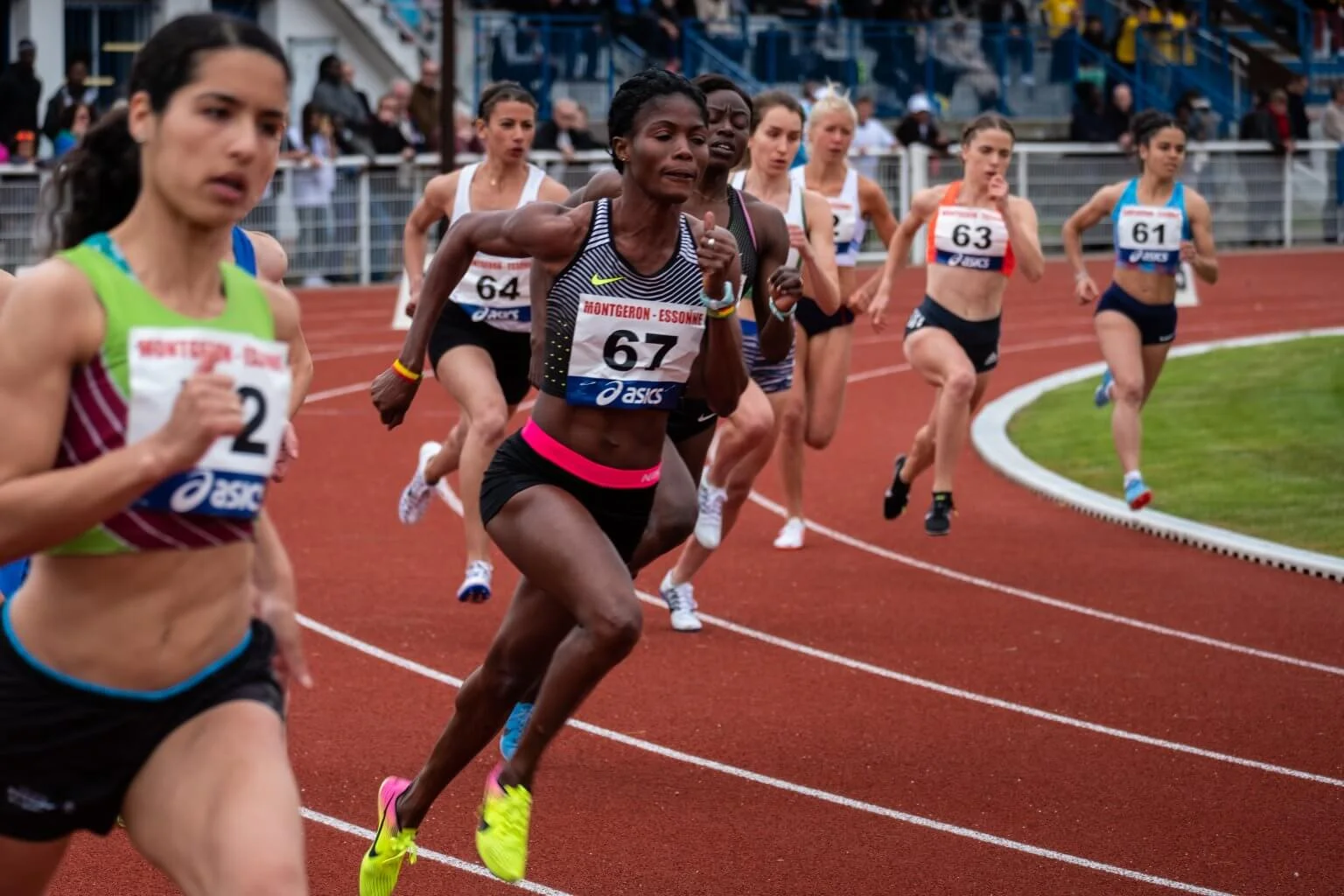

Comments are closed